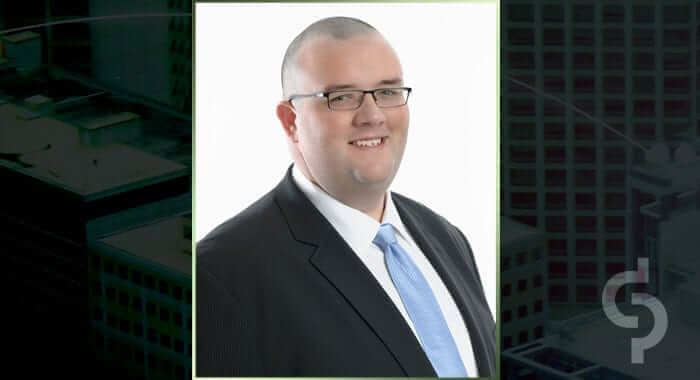One of the more interesting provisions under the PPP Loans was that the forgiveness component would not be considered taxable income under Section 108 (which covers forgiveness of debt income). This in turn added to the attractiveness of the program by essentially making the forgiveness a tax-free grant from the government. However, almost immediately, there was a concern that the expenses themselves may not be deductible, considering longstanding tax law that expenses related to tax exempt income are nondeductible.
The IRS released Notice 2020-32 (a complete copy can be found here) which confirmed that there is to be no deduction for any expense that results in the forgiveness of a covered loan issued as part of the PPP. In essence, the loan forgiveness is now back-door taxable and not tax-free, since the loss of a deduction is the same as making the forgiveness taxable. While unfavorable to the taxpayer, the PPP Loans are still a vital and important resource for many borrowers and overall a business and organization friendly program. Consider the following scenarios (simplified):

However, this may not be the final chapter of this story. It has been reported that Senator Chuck Grassley, the Senate Finance Committee Chair, has stated that this approach is against the congressional intent of the PPP Loans. As such, there exists the possibility that further relief bills will include a provision that allows these expenses as a deduction.
This ruling is another in a long line of updates and changes mid-stream on the PPP Loans. Borrowers need to remain vigilant in staying up to date on all these changes, such as the new requirement that all loans over $2,000,000 will face SBA Review before forgiveness & borrowers need to evaluate their economic conditions and uncertainty for making the good-faith certification. All this is BEFORE we have even seen any regulations regarding forgiveness, which is sure to pack a few surprises.

Edward McWilliams, CPA
Partner
Ed is a Partner in the firm’s tax and business advisory practice focusing on providing services to middle market private companies across different industries as well as to early stage startups. Ed has over a decade of experience providing tax and business consulting services to these companies of different sizes and across different industries, bringing a broad and diverse knowledge base and strategic solutions to the many complex issues that businesses face.





